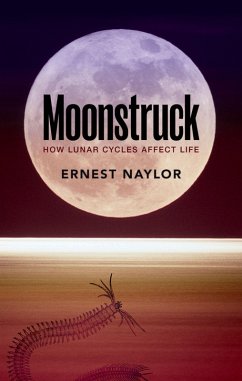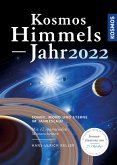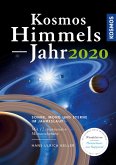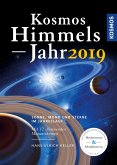Throughout history, the influence of the full Moon on humans and animals has featured in folklore and myths. Yet it has become increasingly apparent that many organisms really are influenced indirectly, and in some cases directly, by the lunar cycle. Breeding behaviour among some marine animals has been demonstrated to be controlled by internal circalunar biological clocks, to the point where lunar-daily and lunar-monthly patterns of Moon-generated tides are embedded in their genes. Yet, intriguingly, Moon-related behaviours are also found in dry land and fresh water species living far beyond the influence of any tides. In Moonstruck, Ernest Naylor dismisses the myths concerning the influence of the Moon, but shows through a range of fascinating examples the remarkable real effects that we are now finding through science. He suggests that since the advent of evolution on Earth, which occurred shortly after the formation of the Moon, animals evolved adaptations to the lunar cycle, and considers whether, if Moon-clock genes occur in other animals, they also might exist in us?
Dieser Download kann aus rechtlichen Gründen nur mit Rechnungsadresse in A, B, BG, CY, CZ, D, DK, EW, E, FIN, F, GR, HR, H, IRL, I, LT, L, LR, M, NL, PL, P, R, S, SLO, SK ausgeliefert werden.









